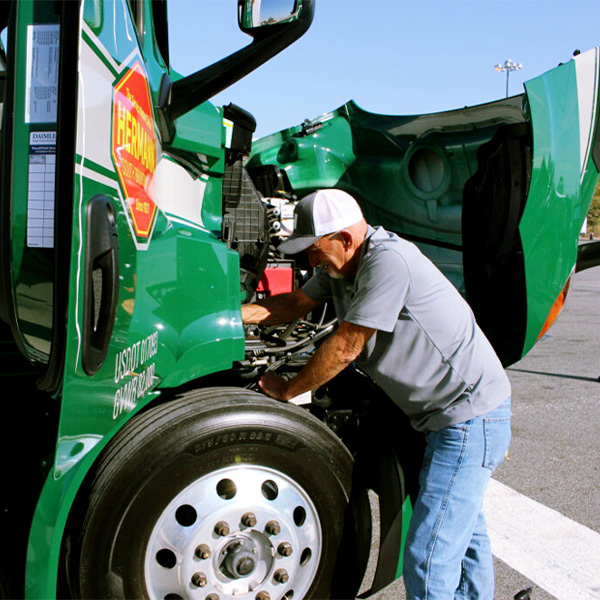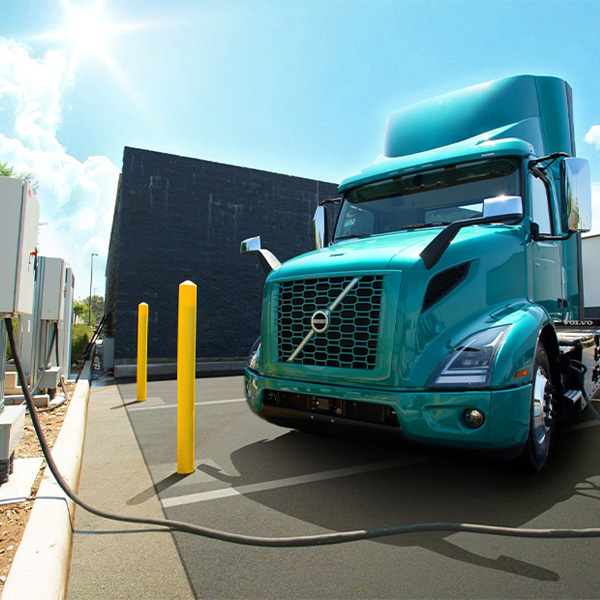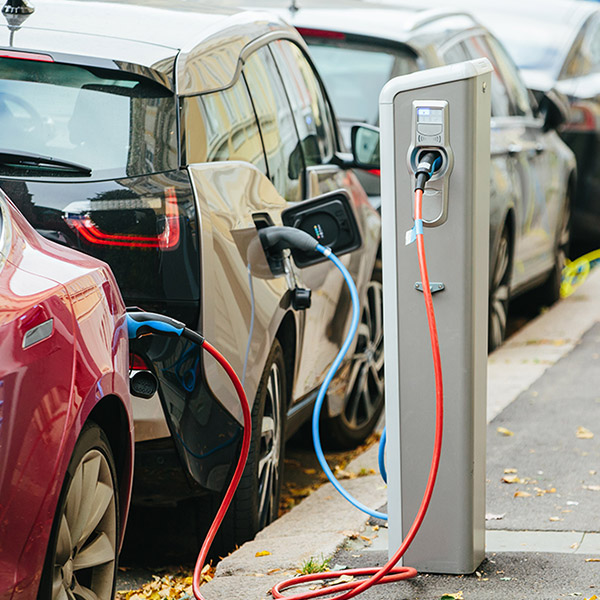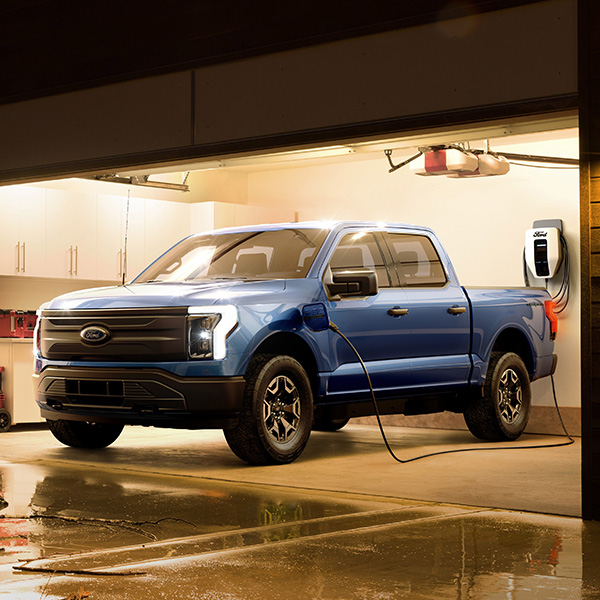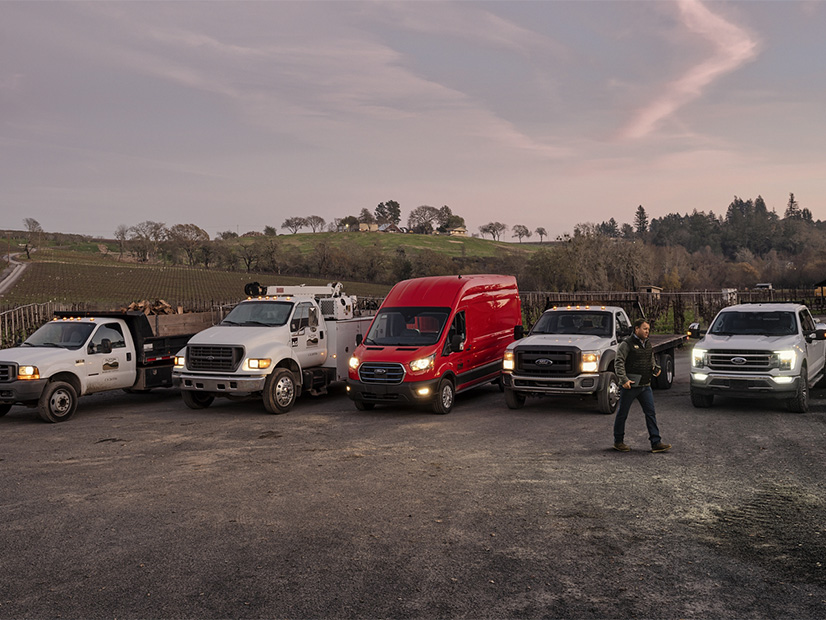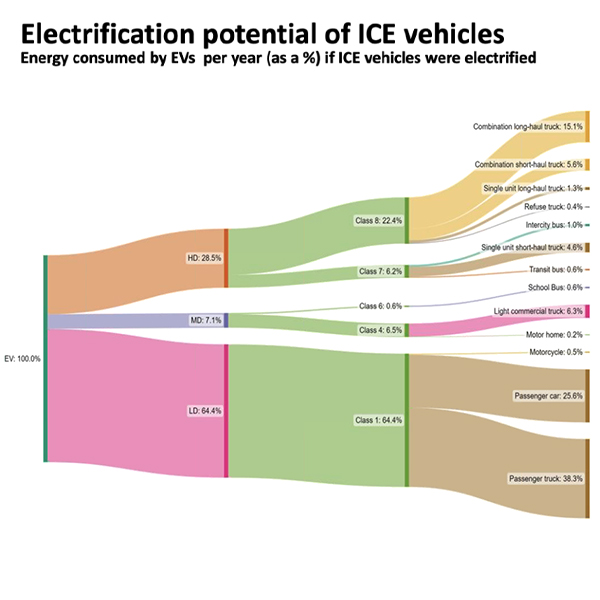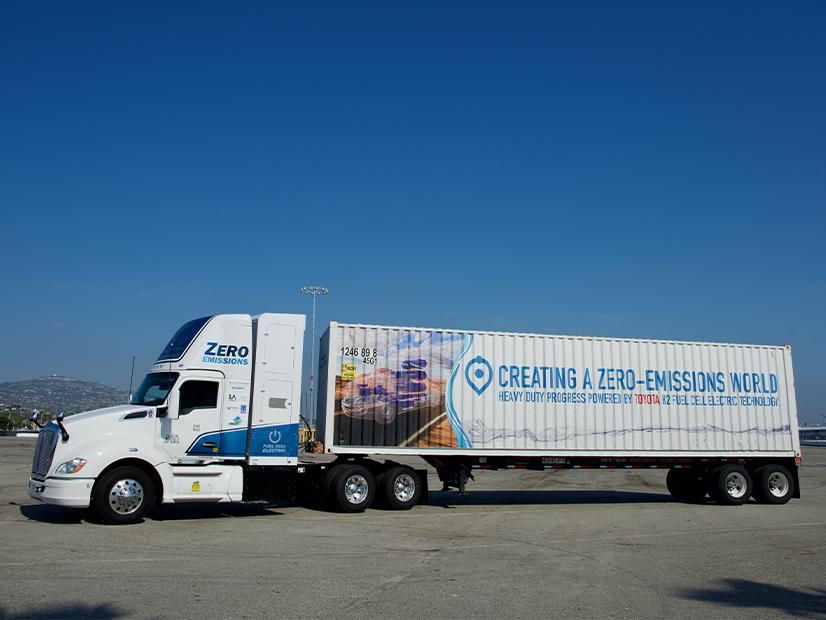electric trucks
A New Jersey Assembly committee unanimously backed a two-year delay in the implementation of the state’s Advanced Clean Trucks regulations.
The New Jersey Assembly Transportation and Independent Authorities Committee advanced legislation that would require utilities to submit tariffs for commercial direct current fast chargers (DCFCs) and limit their ability to set their rates based on peak demand.
An estimated 72 million Americans, often people of color or with low incomes, live near truck routes that expose them to pollution resulting in higher rates of respiratory and cardiovascular illnesses and premature death.
New programs will also offer special incentives to spur installation of EV chargers at New Jersey's tourist destinations and multiunit dwellings.
California, Oregon and Washington have jointly applied for federal grant money to build a public charging network for electric trucks across the three states.
An engineering and consulting firm offered Washington state lawmakers on the Senate-House Joint Transportation Committee ideas on how to replace gas guzzlers with electric vehicles.
In what’s being called “breakthrough growth,” more zero-emission trucks were deployed in the U.S. last year than in the previous five years combined.
Achieving net zero emissions from transportation by 2050 will require an additional 1,800 terawatt-hours per year, the Electric Power Research Institute said.
CALSTART brought commercial EVs to Capitol Hill for an event with members of Congress to highlight delivery-enabling advancements.
California regulators approved a rule that will ban the sale of diesel trucks in the state starting in 2036, requiring all new trucks sold to be zero-emission.
Want more? Advanced Search
